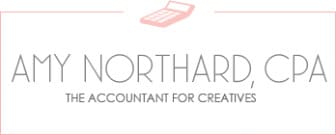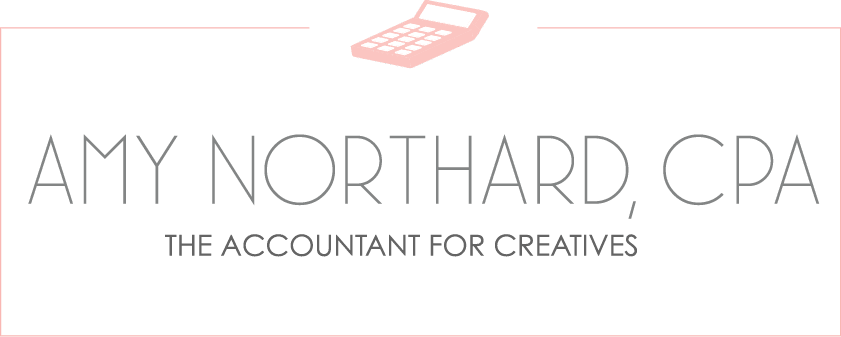If you’re looking for tax-saving strategies for your business, then today’s post is for you.
I’ll explain the sale of business property under Section 1231 and discuss how classifying these sales correctly can save you money come tax time.
What is Section 1231?
Section 1231 is the part of the Internal Revenue Code used by the IRS to determine the tax treatment of certain sales of business assets. These assets are ones that the business has held for more than one year. The timeclock for the year starts the day after purchase and includes the day of the sale. Section 1231 applies to sales and exchanges of “real property” or “depreciable personal property,” so we’ll start our discussion by defining those terms.
What is real property and how is it different from personal property?
Real property just means that the property is fixed in one place. Land and most buildings are real property.
Personal property, on the other hand, is movable. Even though the term “personal property” might make you think it refers to property that belongs to an owner or for private use rather than for business use, when talking about tax code, personal property really just means it doesn’t have a set residence.
What is depreciable real property?
Depreciable real property is property that will wear out, decay, or lose its value through natural causes. Buildings that fall under Section 1231 are depreciable, but land is not.
What is depreciable personal property?
Machinery, equipment, furniture, and vehicles are examples of depreciable personal property that a business may own.
What are Section 1231 transactions?
I will preface this list by saying that as with anything IRS-related, each of these items has exceptions, so it’s best to contact a CPA if you have questions. In general, gains or losses coming from the sale of any of the following are considered Section 1231 transactions:
- Real property or depreciable personal property
- Leaseholds
- Cattle and horses used for certain reasons and held for at least 2 years
- Livestock (but not poultry) used for certain reasons
- Unharvested crops
- Timber, coal, or iron ore
- Condemned properties
- Casualty or theft
Additionally, it’s good to know that patents, inventions, and inventory are not considered Section 1231 property.
How can Section 1231 benefit me and my business?
This is what we like to call a win-win. First, when your business has capital gains (profits) from selling Section 1231 property, you receive more favorable long-term capital gains tax treatment. In other words, the tax rate used on those profits will be less than the tax rate that applies to normal income.
Then, the added benefit comes into play with losses. Normally, you wouldn’t be able to offset much income by claiming capital gains losses since you can only deduct up to $3,000 per year. However, if your losses comes under Section 1231, your business can offset its income with the losses from the Section 1231 property by deducting the entire amount of the loss during the current tax year. As you can imagine, this can save you big money when it comes to your business’ tax liability.
How do I calculate my Section 1231 gains and losses?
The first step in this calculation is to determine your “basis” in the item you sold. To do this, you’ll subtract any claimed depreciation from your purchase price. Claimed depreciation is any amount that you’ve previously reported to the IRS as depreciation on that item.
Once you have that figured out, then you’ll just subtract your basis from the sale price. If you come out with a positive number, that is a capital gain. If you end up with a negative number, that is a loss.
It’s important to note that if you’re claiming a loss due to casualty or theft or if you’re claiming a loss on a condemned property, the loss will be the same number as your basis.
How do I report sales under Section 1231?
You’ll report your gains and losses from sales of business property under Section 1231 using IRS Form 4797.
What are other tax-saving strategies I can use?
This is my favorite question! If you’re looking for other ways to save, here’s where to look:

